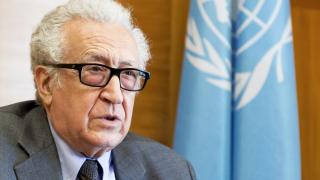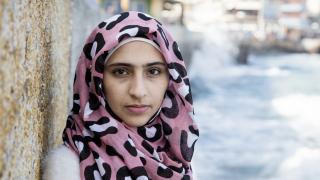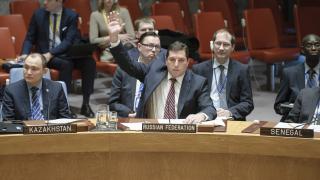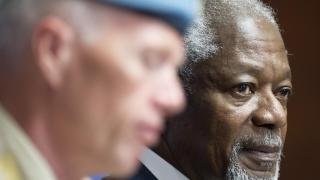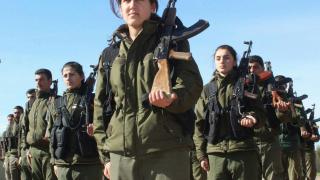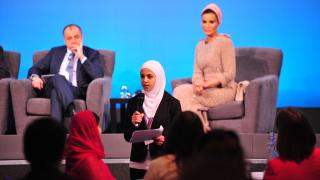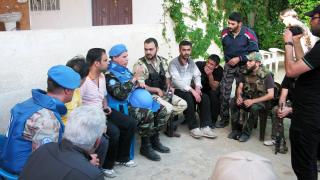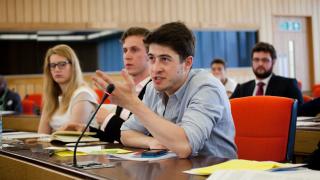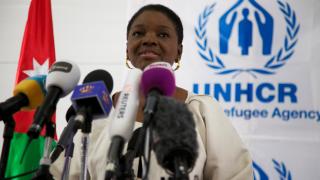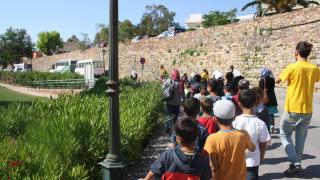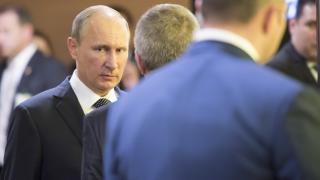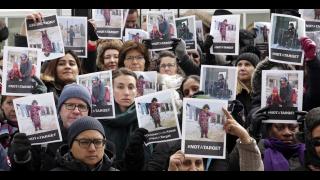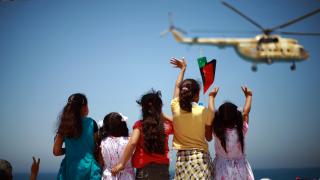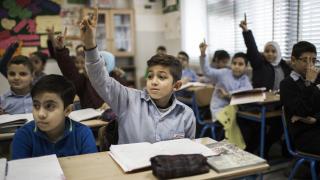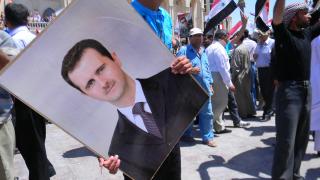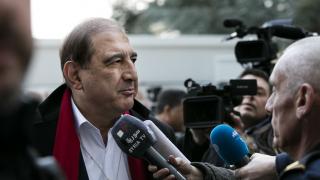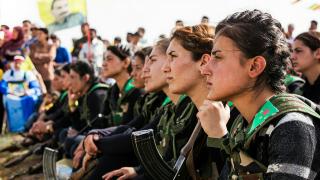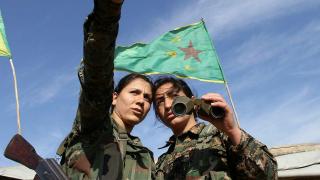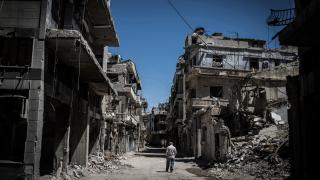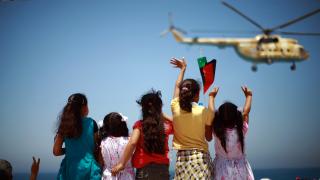
As the international community marks six years since Syria’s revolution, the question of why the UN’s framework of the Responsibility to Protect (R2P) failed to facilitate effective protective action resurfaces.
One explanation is that the Security Council decision in March 2011 to “ensure the protection of civilians” in Libya by permitting the use of airstrikes contributed not only to the violent and political fallout in Libya, but inhibited protective action in Syria. The major powers – namely the UK, US and France – it is argued, might have intervened sooner had the outcome of the Libyan intervention not been so catastrophic. As a result, the ‘norm’ of R2P, which underpinned the intervention in Libya, has come under fire.
Yet, while R2P may not provide a silver bullet, laying blame at R2P’s door for what happened in Libya only strips us of what remains a useful tool in the collective fight against mass atrocities.
The initial action to protect Benghazi certainly saved lives. Colonel Qaddafi made explicit his intentions to commit a massacre when he called on his supporters to “go out and cleanse the city” and by the time military action began, his forces were already committing atrocities against civilians.
However, while the intervention was sanctioned as a protective strategy, its implementation was carried out with no “lens” focused on predicting or preventing further atrocities. The reluctance of intervening powers to help rebuild Libya’s political and economic infrastructure left a power vacuum, the consequences of which should have been foreseen. Libya proved that protective interventions must be informed by the understanding that with deeper engagement comes greater responsibility. The rapid escalation from a protective remit to what was widely interpreted as a strategy of regime change reinforced a narrative that the intervention marked a continuation of western interference in the Middle East. Doubts regarding the intervention’s ‘moral’ legitimacy were reinforced for many by the decision of ‘traditional interveners’ not to seek a more global coalition.
The consequences can be seen in Russian and Chinese resistance to protective action in Syria, long before Russian interests became as aligned to an Assad victory as they are today. To be sure, Russia’s Syria policy evolved as President Putin sought to undermine western influence on the international stage. But Russia’s deepening engagement in Syria and increased support for the regime can also be seen as a response to the timidity of the other Security Council permanent members (P5) and the General Assembly. In short, crisis in the Council over Syria has largely stemmed from mistakes made over Libya.
The implications for the UN should be taken seriously. Security Council responses to both Libya and Syria raise questions about the Council as a legitimate forum of multilateralism. There is pressure on the Council to review its working practices when it comes to responding to mass atrocities – from calls for the P5 to voluntarily suspend their veto power to suggestions of more substantial reform. But reform will be slow. In the meantime, alternative forums of multilateralism, within the UN’s formal or informal structures, will need to emerge in order to meet the current legitimacy deficit.
Closer to home, Prime Minister May’s promise that Brexit Britain will be more “global” contains within it the need for the UK to maintain and extend its global responsibilities. The resurgence of nationalist politics in UN member states that have traditionally championed internationalism and human rights has led to a stifling of public debate around foreign policies, international development and civilian protection. And while R2P’s bad name is fuelled in part by a simplistic narrative that presents protective intervention as a western strategy to bolster western interests, R2P increasingly highlights the apparent hypocrisy between the foreign and domestic policies of western democracies; the legitimacy of claims to protect civilians abroad are undermined by domestic politics of exclusion.
For those of us who work in atrocity prevention, what is important is the concept of a shared global responsibility to protect, rather than the more rigid norm of R2P. It is a responsibility that stretches from the community to national and international leaderships. R2P, as Jennifer Welsh stressed during her tenure, is a concept that begins at home but cannot end with national borders.
This may sound an insurmountable challenge, perhaps even more so in today’s political climate. Yet there are many simple steps all UN member states can adopt to strengthen their own atrocity prevention toolbox. These include creating mechanisms such as all-party groups that facilitate cross party dialogue; establishing cabinet portfolios responsible for the protection of civilians; and allocating resources to prediction, prevention and protection activities.
Photo: Zawiya, Libya, celebrates one-year anniversary of anti-Qadhafi uprising. Copyright UN Photo/Iason Foounten


